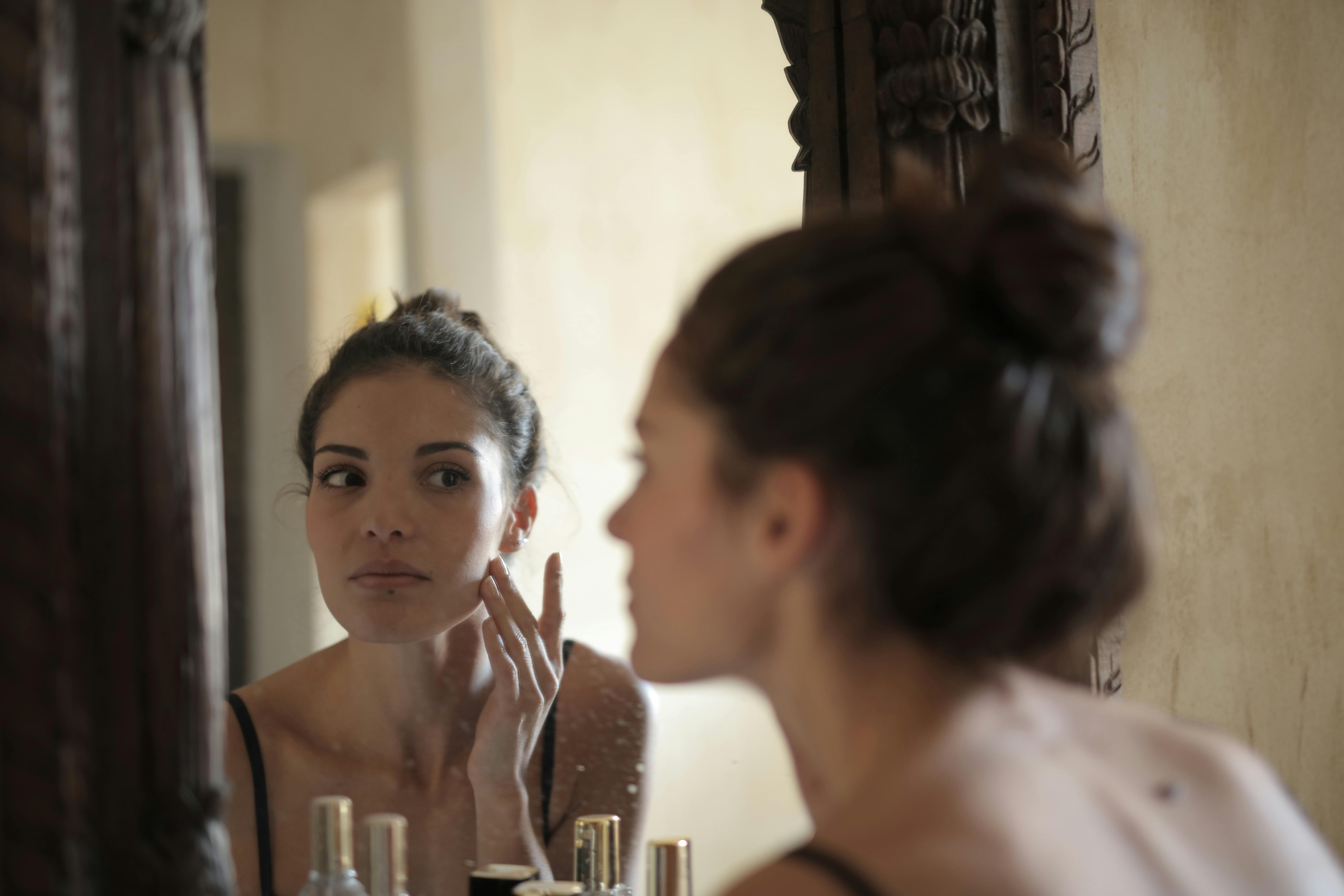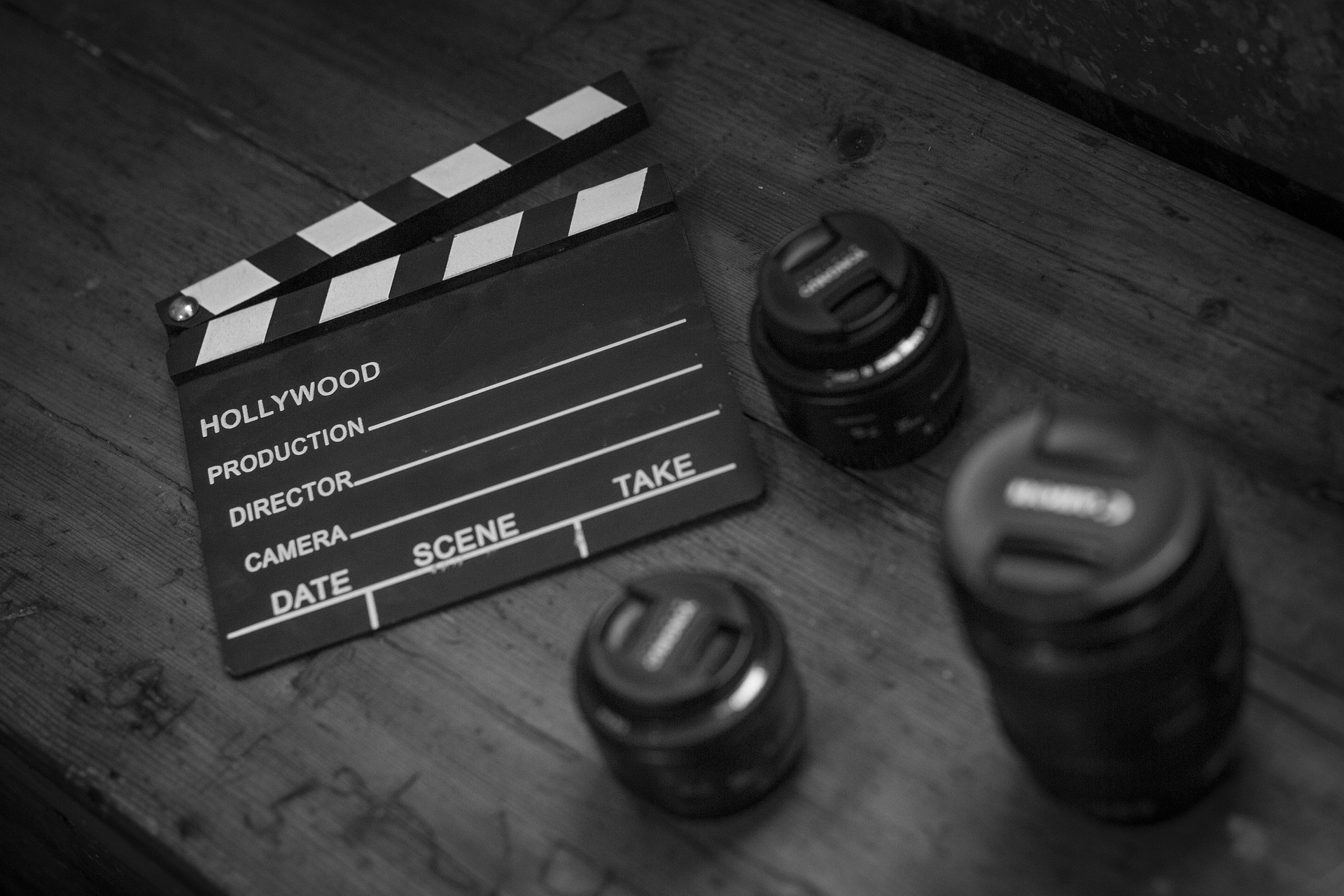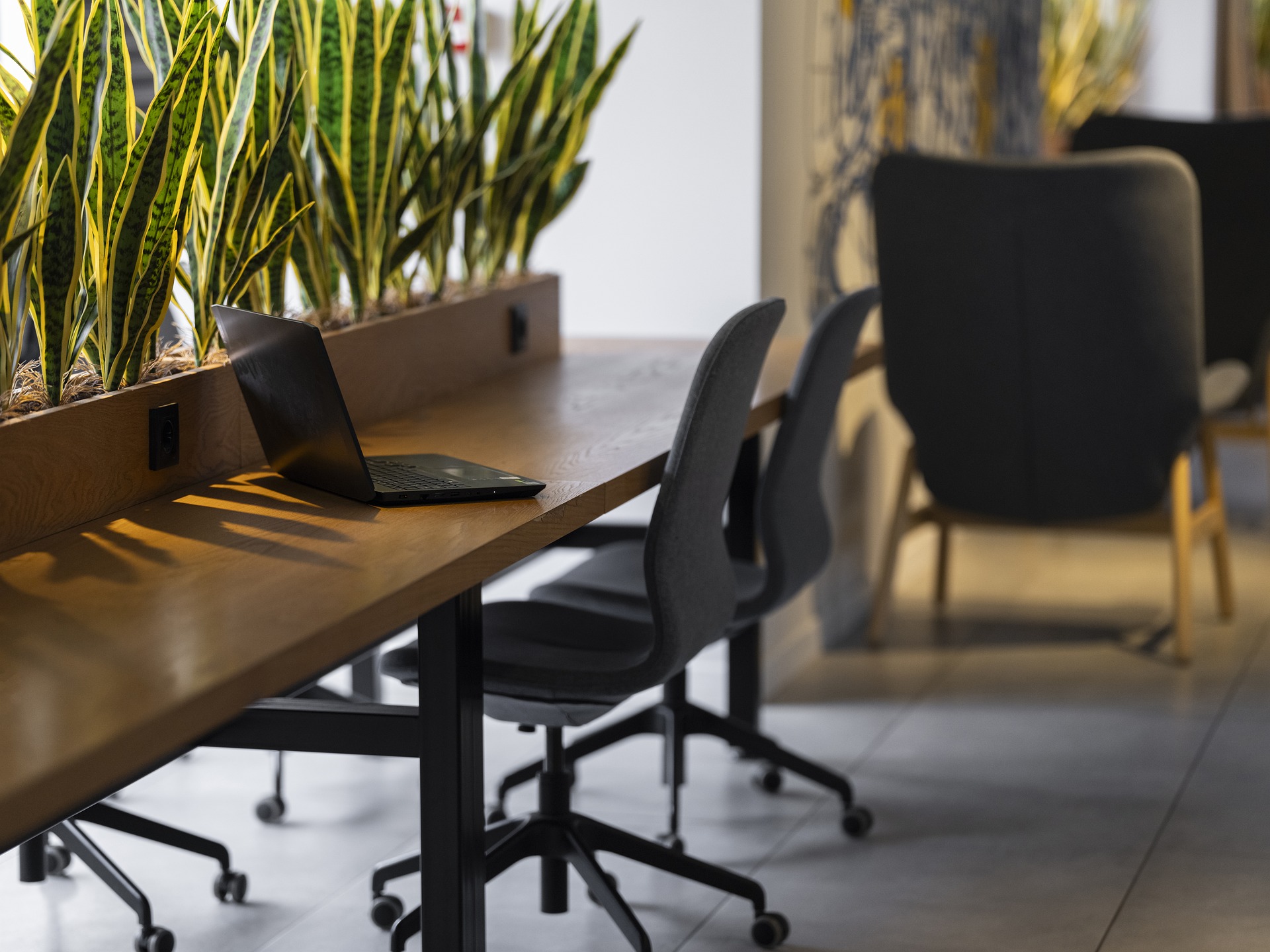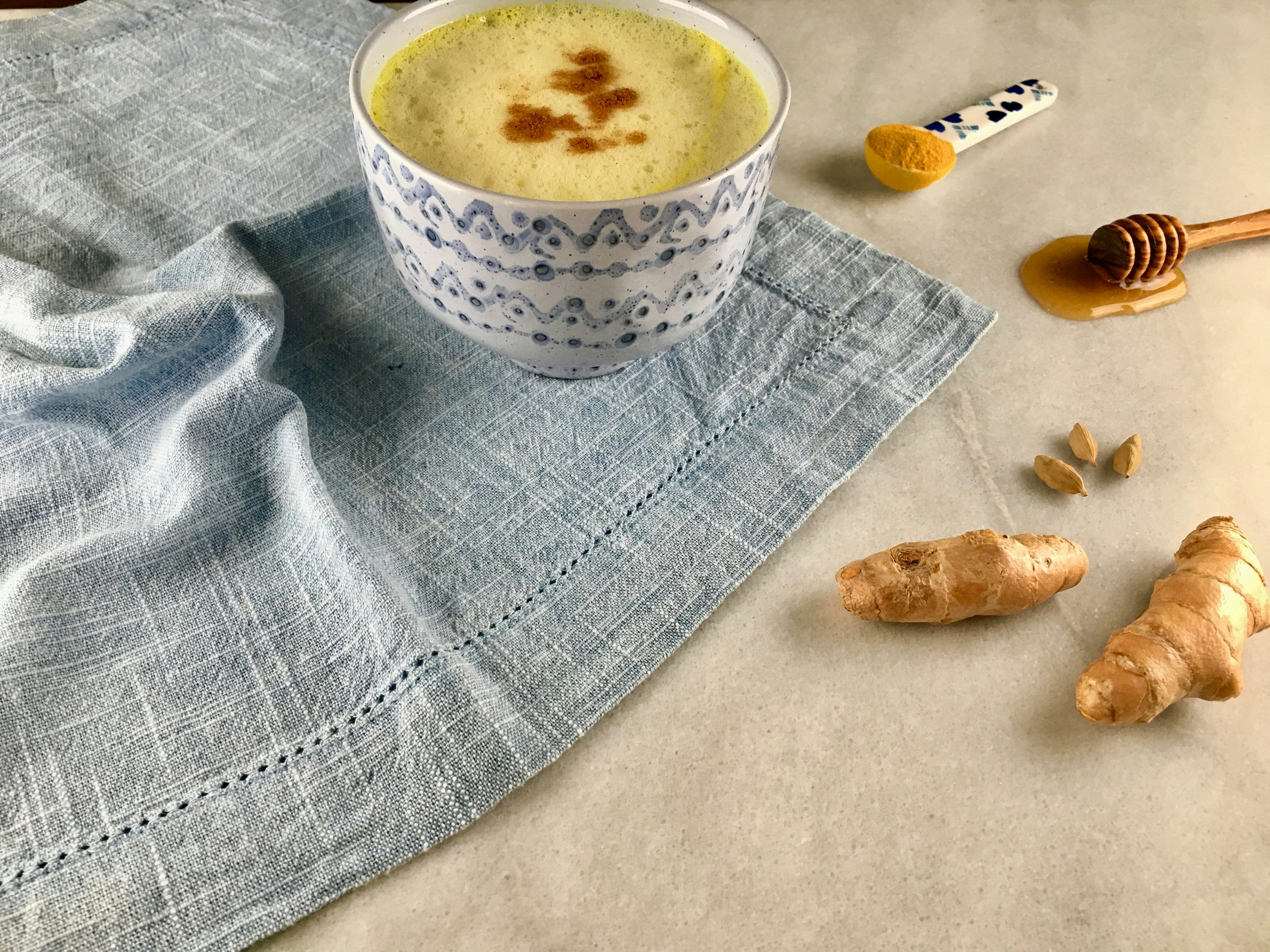The Power of Makeup: Transformation and Self-Expression
Makeup, one of the oldest forms of appearance enhancement, has been used by different cultures for thousands of years. Ancient Egyptians applied kohl to their eyes not only for aesthetic appeal but to ward off evil spirits and protect against disease. Similarly, Grecian women used white lead and crushed mulberries to lighten their complexion, a sign of wealth and status. This historical context demonstrates that makeup has always been about more than just vanity. It is a powerful tool for self-expression and a reflection of societal values and norms.

The Cultural Shift: Post-War Makeup Boom
The post-World War II era marked a significant shift in the public perception of makeup. The scarcity of cosmetics during the war years led to a boom in the industry once the conflict ended. Women were eager to reclaim their femininity and express themselves through bold, colorful makeup. This era marked the birth of the modern beauty industry, with companies like Estée Lauder and Revlon becoming household names. The makeup became a symbol of femininity and independence, and its use became widespread and socially accepted.
The Makeup Revolution: Freedom of Expression
The 1960s and 1970s brought about a revolution in makeup. The advent of women’s liberation and the counterculture movement led to a radical rethinking of beauty norms. Women began to use makeup as a form of rebellion and self-expression. Bold colors, shimmering eyeshadows, and dramatic eyeliner became popular, reflecting the era’s spirit of freedom and individuality. This period also saw the rise of unisex makeup, challenging traditional gender norms and opening up new channels of self-expression.
The Impact of Social Media: The Beauty Influencer Phenomenon
The advent of social media in the 21st century has had a profound impact on the beauty industry. Platforms like YouTube and Instagram have given rise to the beauty influencer phenomenon. These influencers, armed with their makeup brushes and camera phones, have democratized the beauty industry. They have made makeup accessible to the masses, sharing tips, tutorials, and product reviews with their followers. This has led to a surge in the popularity of makeup and has transformed it into a form of art and self-expression.
The Future of Makeup: Inclusivity and Sustainability
The beauty industry is evolving in response to changing societal values. There is a growing demand for inclusivity in makeup, with consumers calling for a broader range of foundation shades to cater to all skin tones. Brands like Fenty Beauty by Rihanna have led the way in this regard, launching with a groundbreaking 40 shades of foundation. At the same time, there is a push towards sustainability, with consumers becoming more conscious of the environmental impact of their beauty products. Brands are responding by offering eco-friendly packaging and vegan, cruelty-free formulas.
Makeup has come a long way since the days of ancient Egypt. What began as a tool for protection and status has evolved into a powerful form of self-expression and creativity. Its history is a reflection of societal values and norms, and its future will undoubtedly continue to reflect the changing face of society. In the end, makeup is more than just a beauty product. It is a symbol of transformation, empowerment, and self-expression.





